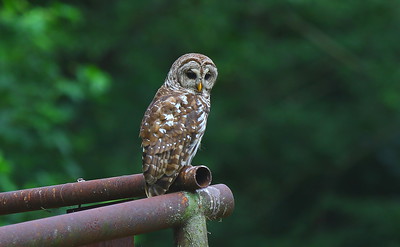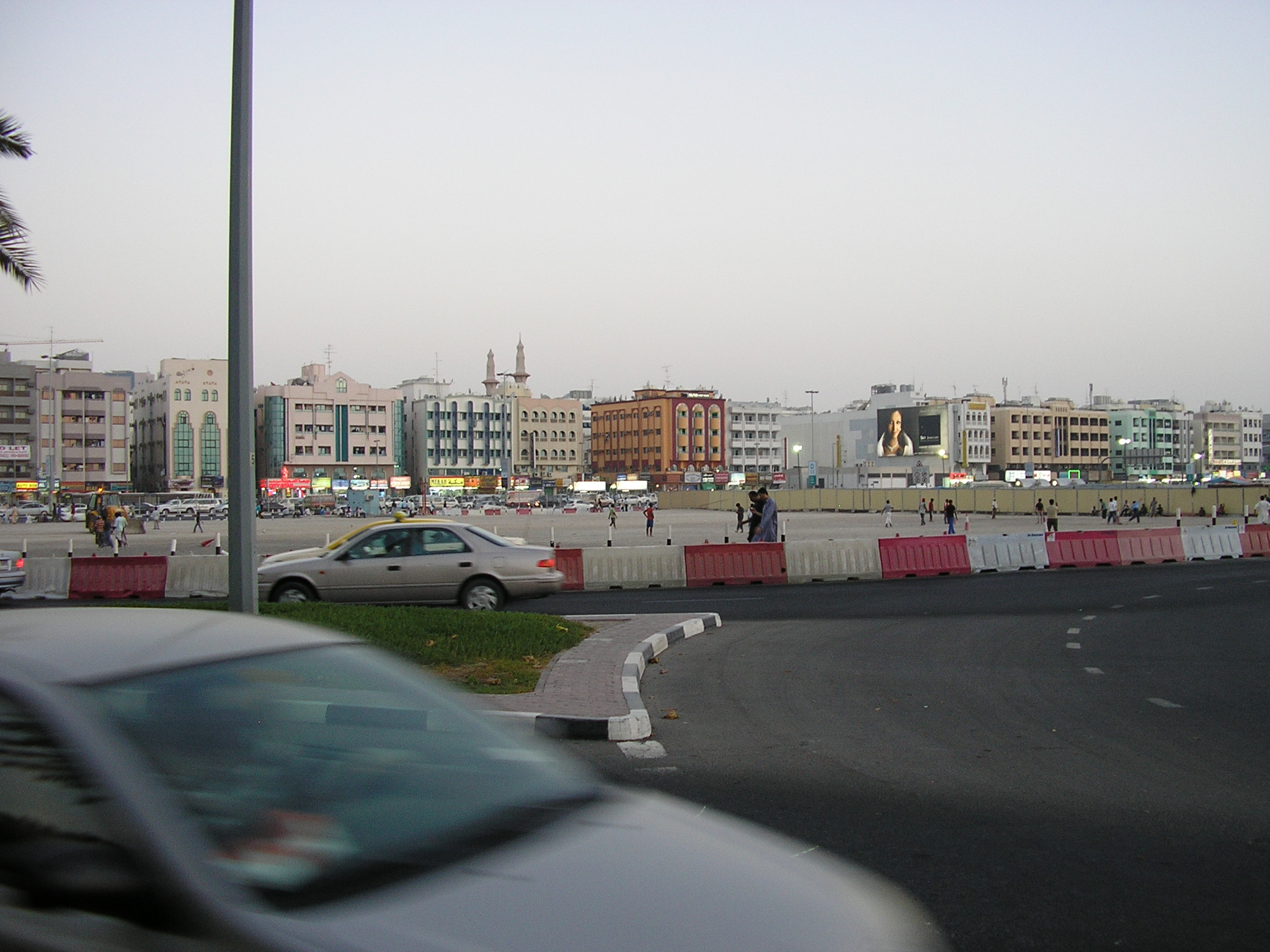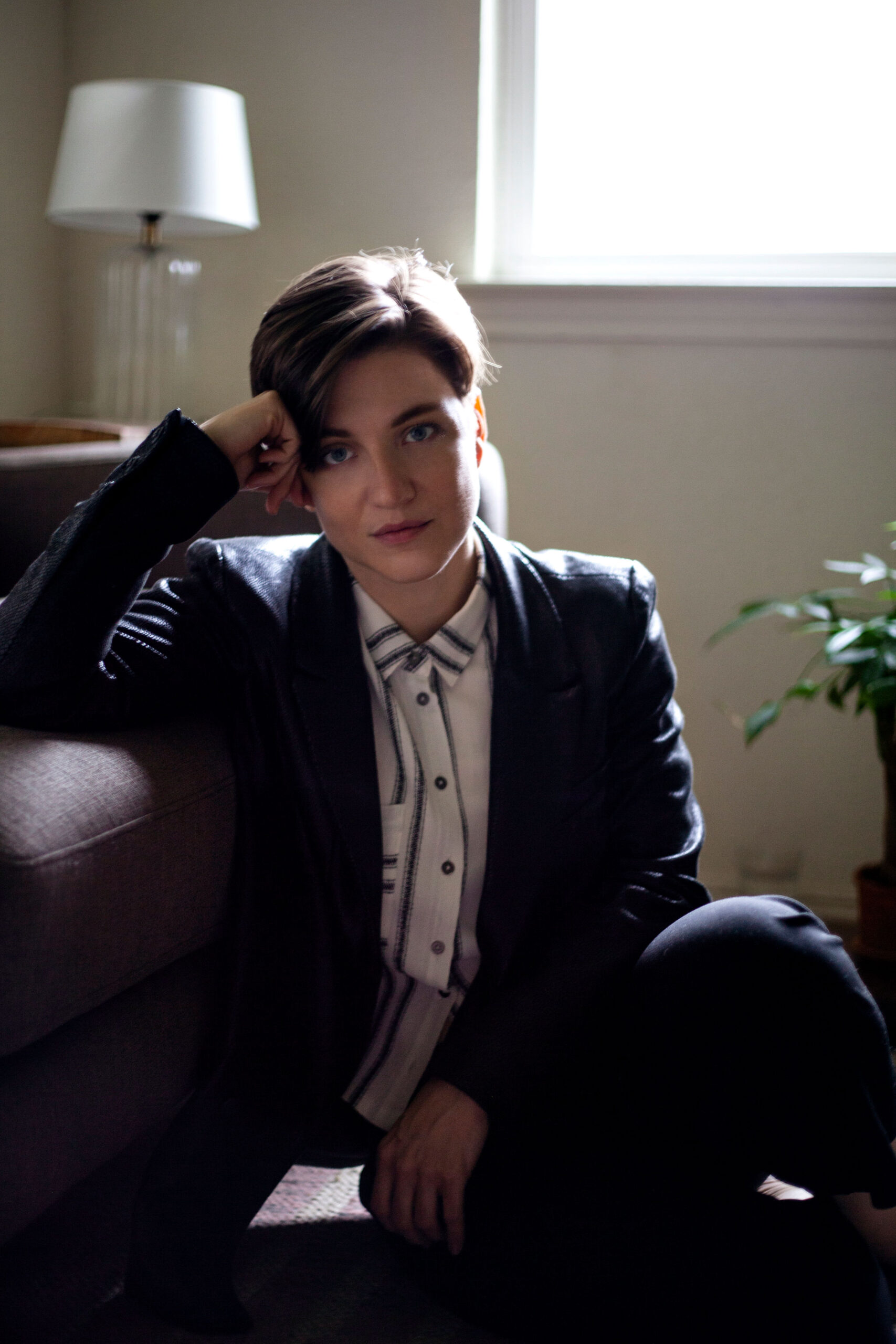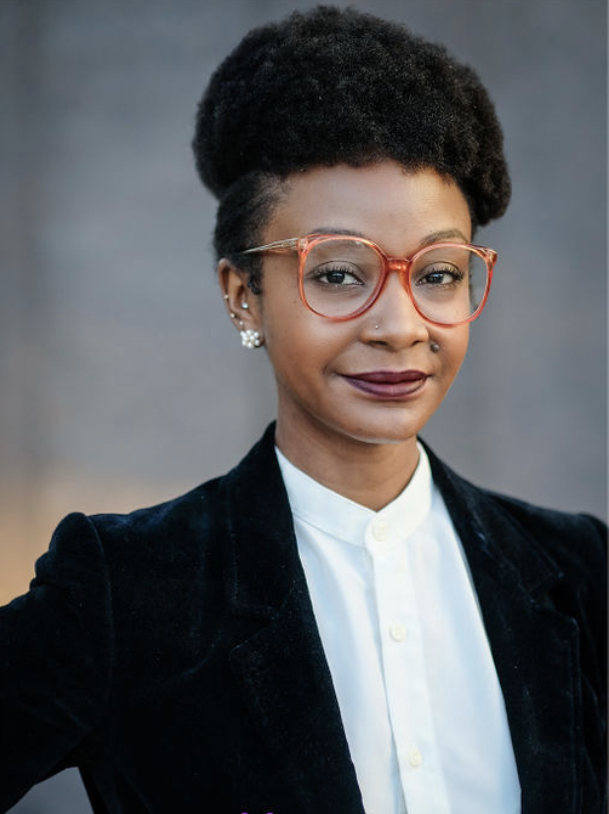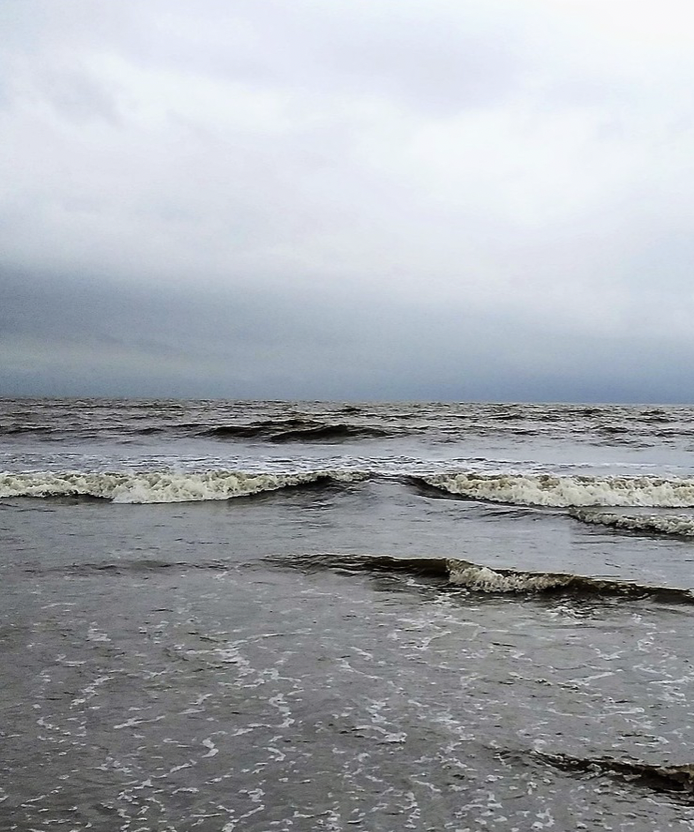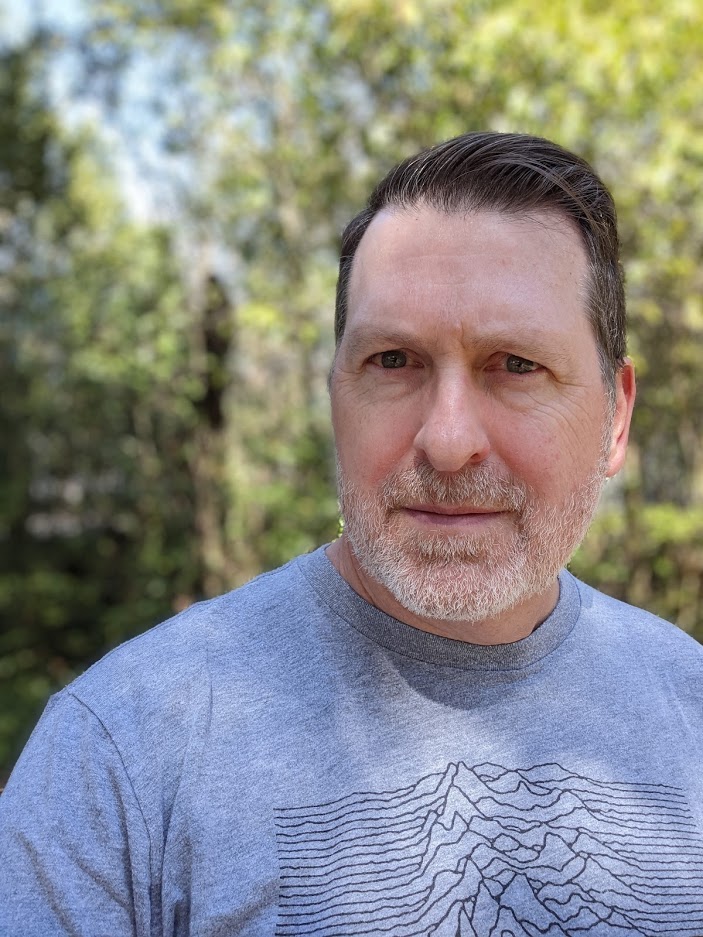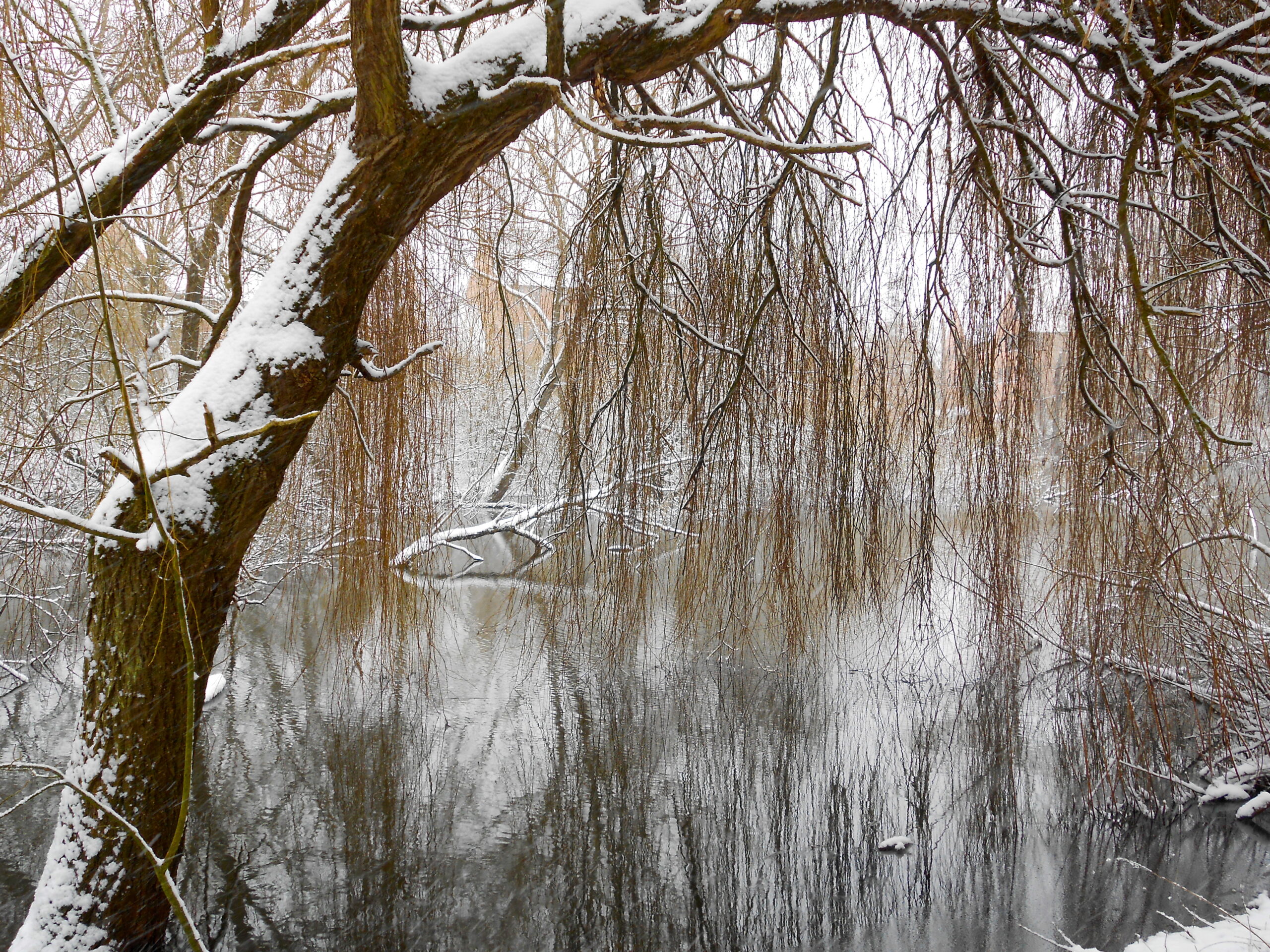By KEIJA PARSSINEN
This was Arabia as a romantic imagination might have created it; nights so mellow that they lay out under the scatter of dry bright stars, and heard the silence beyond their fire as if the whole desert hung listening.
—Wallace Stegner, Discovery! The Search for Arabian Oil
“When we arrived there [Aramco], it was no Arabian Nights at all. It was just a kind of shack, it seemed to me.… Air-conditioned shacks with a great big swimming pool in the middle with a canvas over the top.”
—Mary Stegner to her husband’s biographer, Jackson J. Benson
